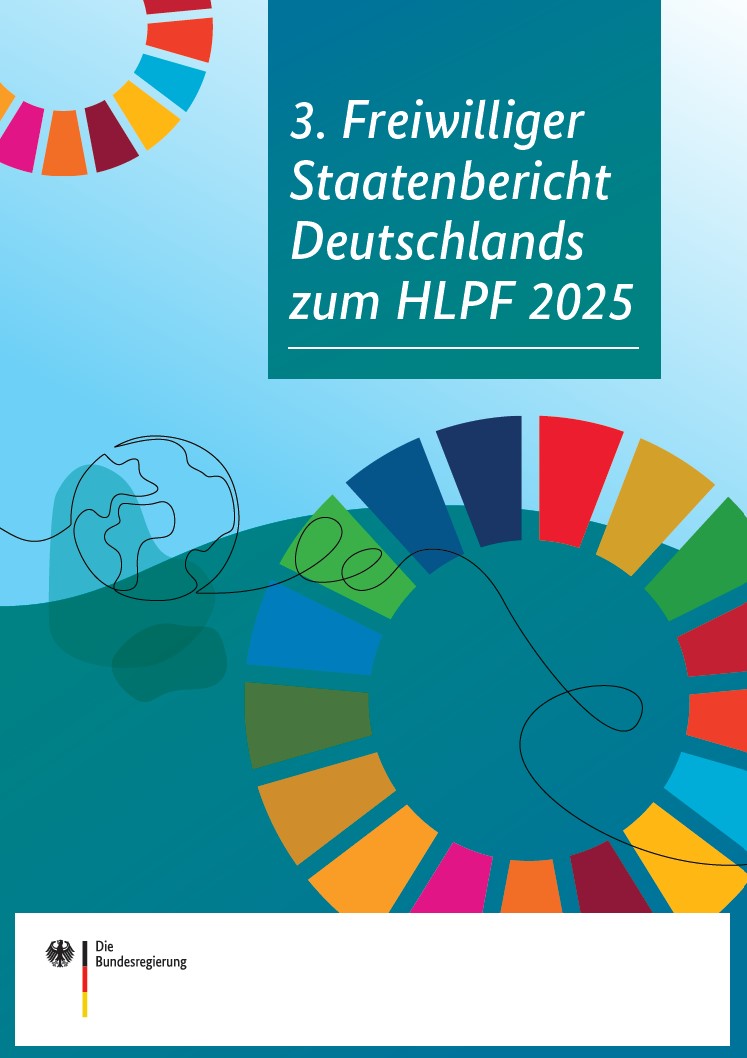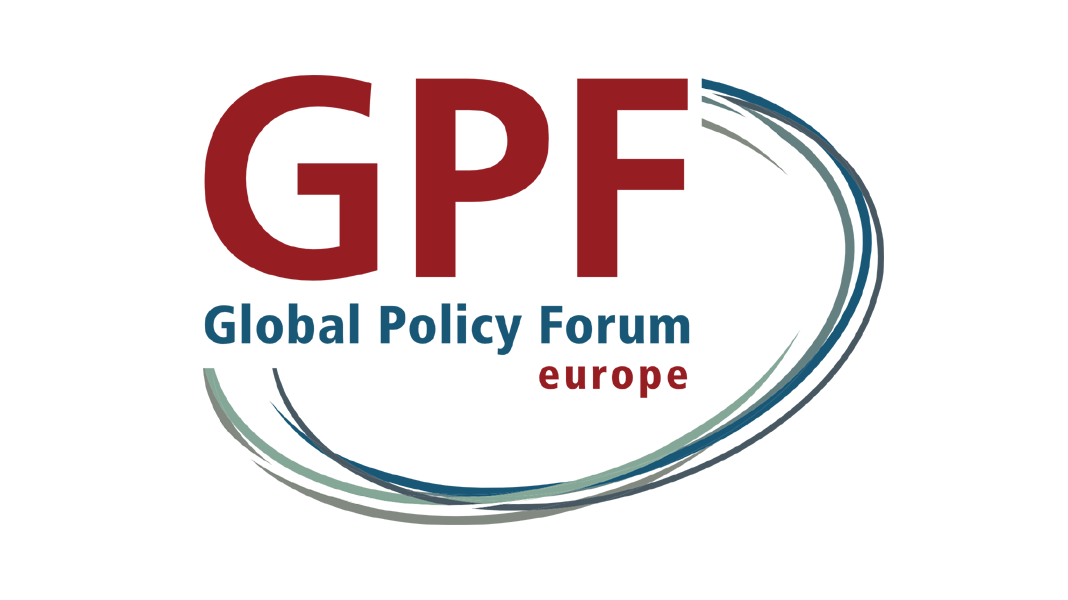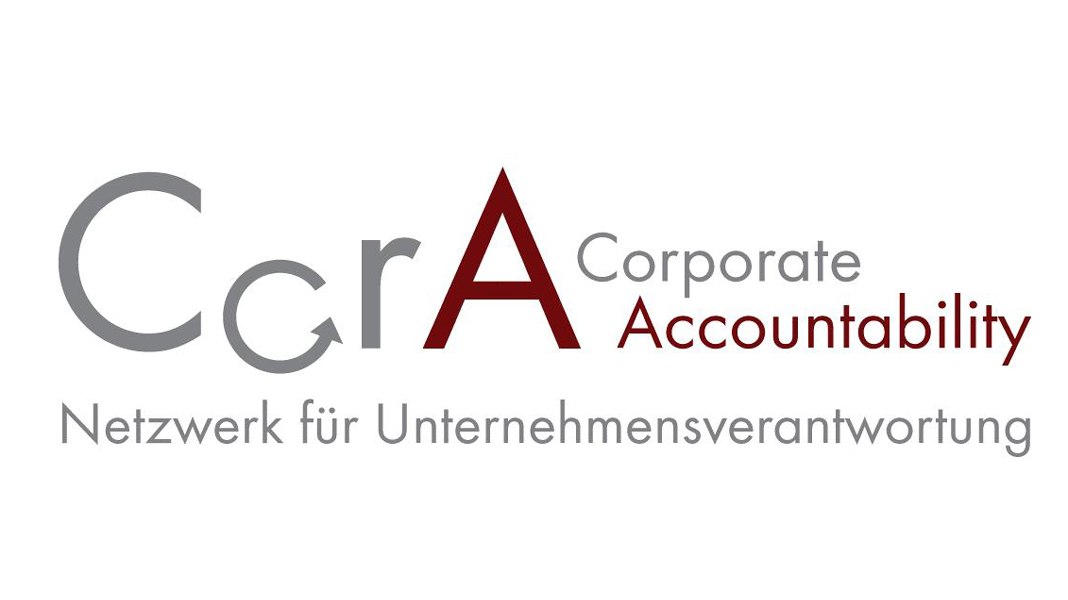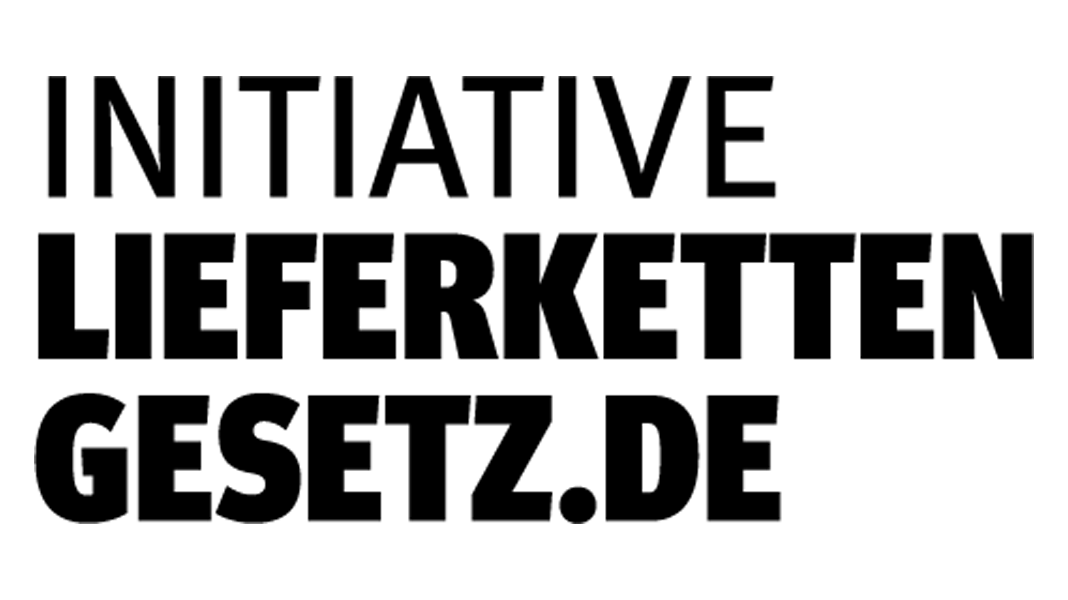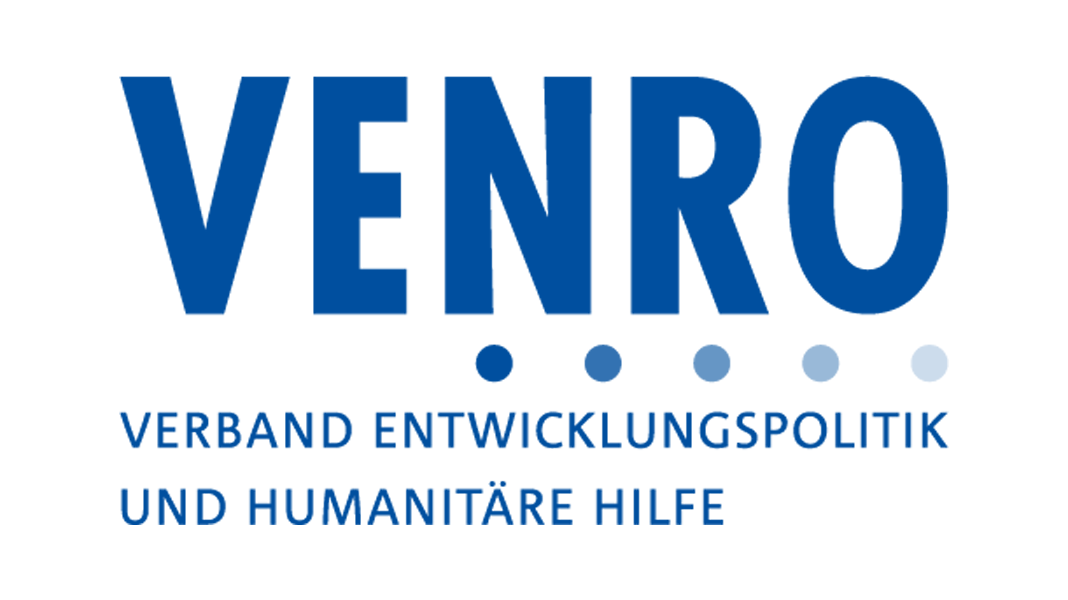VNR 2025 Joint contribution by GPF Europe, CorA, Initiative Lieferkettengesetz, Treaty Alliance Germany and VENRO
Numerous civil society groups and organisations in Germany are working for a world in which economic activity serves the wellbeing of the people and in which the social-ecological transformation towards sustainability and global justice is the vision that guides all players' actions. These groups and organisations are calling for governments to systematically protect human rights, the environment and the global climate in the context of global economic activity, and to introduce systematic regulations to govern the actions of enterprises in line with international conventions. Enterprises which cause, or play a part in causing, human rights violations or damage to the environment must be held accountable, and victims of human rights or environmental harm must receive justice. Governments must create a binding legal basis for this and enforce it effectively along global value chains. This is also a fundamental prerequisite for the realisation of the 2030 Agenda and the Paris Agreement.
As early as in 2006, more than 60 organisations from the fields of human rights, development, environmental protection and consumer protection, and trade unions formed the CorA (Corporate Accountability) network (External link) (Website only available in German). In 2019, the Initiative Lieferkettengesetz (External link) (Initiative for a due diligence act) was established, a civil society alliance comprising over 130 organisations. It has been working for more effective corporate due diligence legislation in Germany and the EU.
The alliance considers the German Act on Corporate Due Diligence in Supply Chains, which entered into force on 1 January 2023, a huge step forward, even though the Act has a number of serious weaknesses: the number of companies covered is too small; the Act does not apply to the downstream supply chain – in other words, the core business – of the finance and arms industries; it contains too many exceptions with regard to the due diligence obligations; it fails to give victims a claim to compensation; and it contains no effective measures for climate action along supply chains. The Act also needs to be improved (External link) (Article only available in German) with regard to its provisions concerning the promotion of gender equality.
The EU Corporate Sustainability Due Diligence Directive (CSDDD), which entered into force on 25 July 2024, has brought progress on a number of points. In particular, it goes beyond current German legislation when it comes to civil liability. If a human rights violation has clearly been caused by a business, victims will have the option in future to file lawsuits for compensation before EU courts. Moreover, the range of protected rights for which compliance is required has been broadened. Among other things, it now includes the United Nations Convention on the Rights of the Child – which means that the specific rights of children now must be protected as part of a company's due diligence obligations. The German government will have to tighten its due diligence act accordingly. On other points, the CSDDD is less ambitious than Germany's act. However, it only covers companies with more than 1,000 staff members and an annual turnover of more than 450 million euros – the latter threshold is not part of Germany's legislation. Moreover, the core business of financial undertakings is explicitly excluded from the Directive's coverage.
Civil society alliances are expecting the German government and parliament to transpose the CSDDD into German law in a timely and ambitious manner, in line with European law, in such a way that the protection level established by the German act will not be weakened. The goal of the transposition must be to create a high level of protection for human rights, the global climate and the environment. With this goal in mind, the alliances are very concerned about the attempts of some political players in Germany and the EU to postpone, weaken or revise regulations that are already in place or have already been adopted. This would deal a blow to human rights and sustainability.
Civil society alliances are also expecting Germany's government and parliament to make sure that Germany will now actively support the process for a binding UN Treaty on Business and Human Rights in the international arena. Germany should contribute its own input to the negotiations, so that an ambitious Treaty can be achieved that is in line with international human rights standards and goes beyond the German due diligence act and the CSDDD.
A globally binding Treaty must provide safe and easy access to legal remedy for victims, include far-reaching climate and environmental standards, and cover all enterprises, including the financial and insurance industry. The German government should be advocating, in particular, for a strong role for children's rights and gender equality and also for health criteria such as protection from hazardous chemicals along the entire supply chain. The German government should also work towards strengthening the financial basis for the UN Treaty process and should support regulations that strictly limit the influence of private sector lobbyists on the negotiations. Within the EU, Germany should move the UN Treaty process forward in a constructive manner, and work towards a comprehensive and participatory EU negotiating mandate.
Signed by:
- CorA-Netzwerk für Unternehmensverantwortung (External link)
- Initiative Lieferkettengesetz (External link)
- Treaty Alliance Deutschland (External link)
- VENRO – Verband Entwicklungspolitik und Humanitäre Hilfe deutscher Nichtregierungsorganisationen (External link)
Footnotes
1) See, in particular, https://www.ohchr.org/en/core-international-human-rights-instruments-and-their-monitoring-bodies (External link) and https://www.ilo.org/international-labour-standards/conventions-protocols-and-recommendations (External link).
2) An analysis of the Act published by Initiative Lieferkettengesetz is available in German (External link) and English (External link).
3) A short analysis of the CSDDD provided by Initiative Lieferkettengesetz can be found here (External link) (in German).
4) A legal opinion published by Germanwatch and Oxfam (External link) concludes that the level of protection already existing in a given country must not be reduced through the implementation of the CSDDD. In other words, the level of protection established in Germany through its national due diligence act must not be weakened by the EU CSDDD. It would be a violation of European law, for example, if the Directive were to be cited as a reason to reduce the number of enterprises covered by the German act.
5) Statements by Treaty Alliance Germany can be found here (External link) (most material in German).
